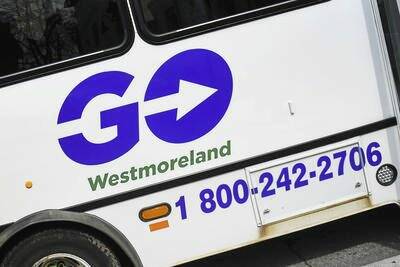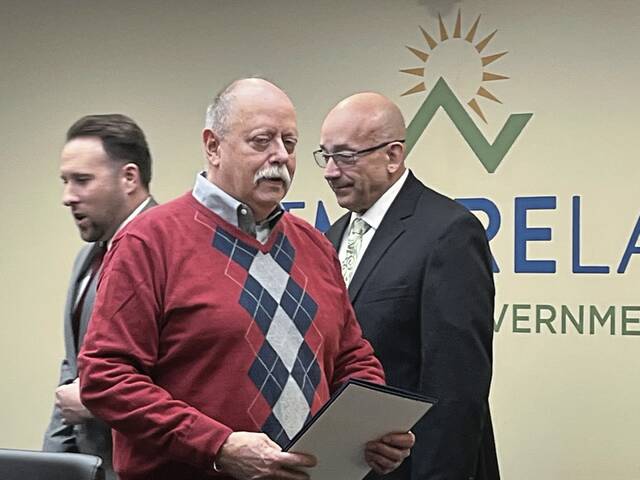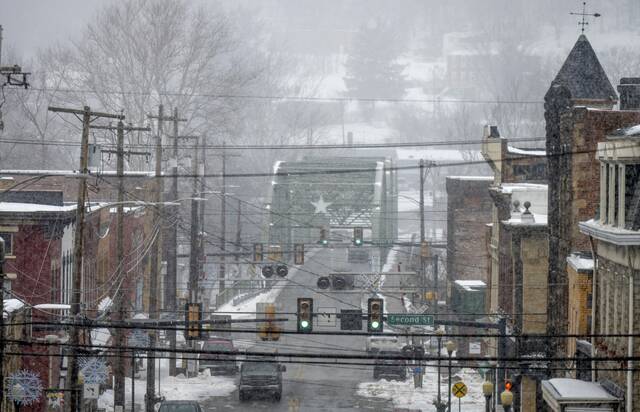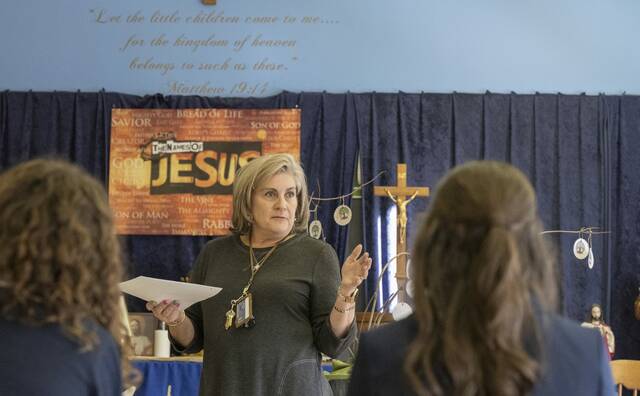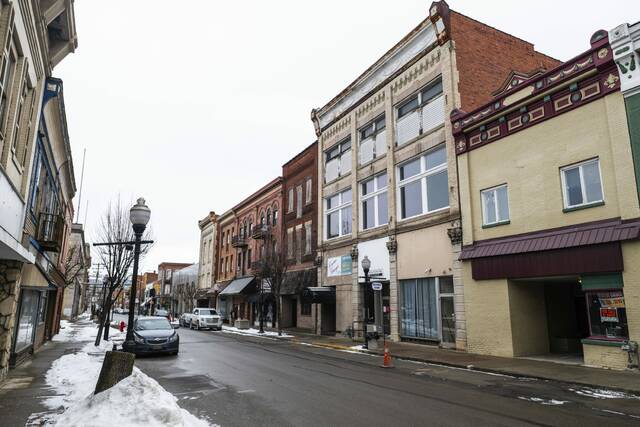Fares for travel on Westmoreland County Transit Authority’s shared-ride program are expected to increase this year to make up for potential revenue shortfalls.
Authority board members last week approved a $16.3 million budget for the 2023-24 fiscal year that is balanced through use of more than $3.9 million in federal American Rescue Plan funds received during the coronavirus pandemic.
Officials said the new spending plan that starts July 1 carries a 2.6% increase from the current year but expects to need about $330,000 in additional revenue through mid-2024 to operate the GO Westmoreland system that provides door-to-door rides for seniors and disabled passengers.
“September 2018 was our last fare increase, so we were long overdue,” Westmoreland Transit Deputy Executive Director Ashley Cooper-Brounce said. “We’re doing our best to keep the cost of trips low.”
Authority members in July are expected to be presented with a new menu of GO Westmoreland fare hikes that average about 8%, Cooper-Brounce said. If approved, the new fare structure could be in place by September.
The shared-ride system operates more than 14,000 trips each month and is largely subsidized through state grants. Most riders are required to pay percentages of the fare costs, in most cases about 15%, based on distances of their rides.
The budget anticipates GO Westmoreland fares and co-payments from passengers, under current service levels, will account for just $304,000 in revenue in the next fiscal year.
It costs the authority $16 for each shared-ride trip up to 2 miles. Riders pay just $2.40 fares for those trips. Riders currently pay $2.65 for trips up to 5 miles, Cooper-Brounce said. About 90% of the system’s trips each month take riders fewer than 20 miles. Trips can include visits for medical appointments, shopping or other destinations mostly within Westmoreland County.
The authority reduced service hours and trip lengths on GO Westmoreland to account for pandemic restrictions and driver shortages.
“This (fare increase) is not near enough to cover the costs. We will most likely have to address additional increases because we don’t want to wait another five years,” Cooper-Brounce said.
Fares on the authority’s fixed-route buses through Westmoreland County and daily commuter service into Pittsburgh will, for now, remain at current levels.
The authority is undergoing a comprehensive review of its bus service, a repeat of a process that ended in 2019 and resulted in recommendations to revamp the system. The recommendations were never enacted because of the pandemic and administrative changes that saw the transit agency reconfigure its duties and take over complete operation of its bus and paratransit programs.
For decades, the authority hired outside vendors to drive, maintain and coordinate its transportation system. Starting in 2020, the authority reclaimed those duties, hired vehicle operators and mechanics and programmed its own scheduling.
Passenger numbers on the system’s fixed-route bus system eroded throughout the pandemic and only recently have started to rebound.
Officials said a new review of system operations and a potential change of the authority’s scope of services and route structure could be unveiled by December.
The authority currently operates 18 weekday and six Saturday routes on its fixed-route bus system.


